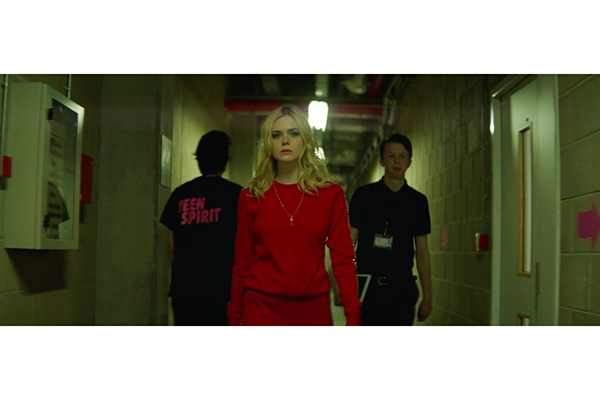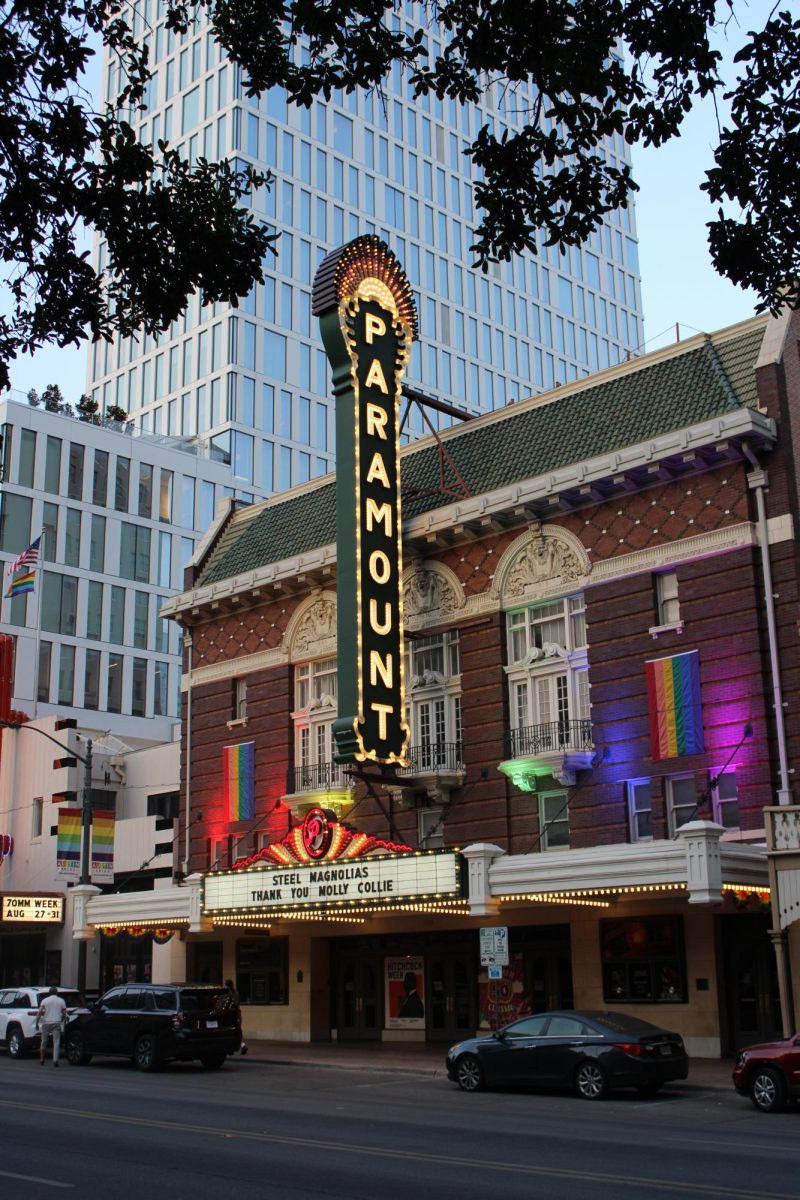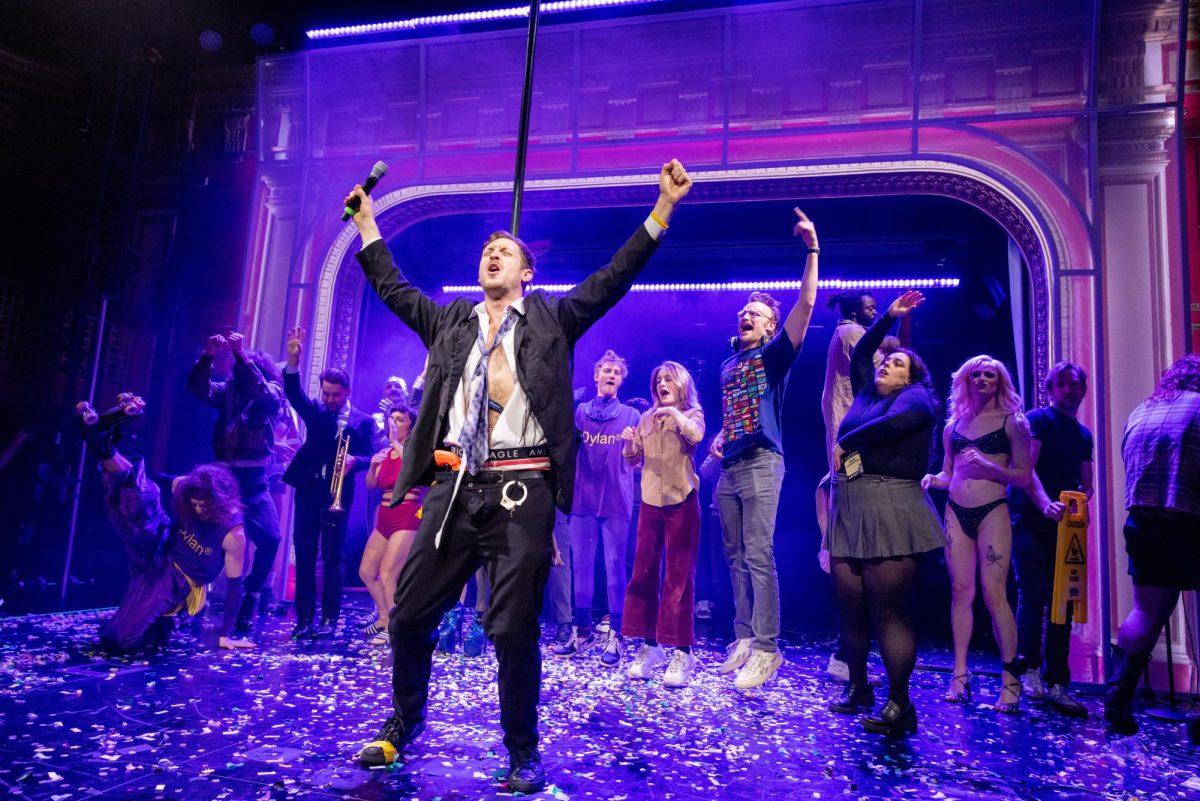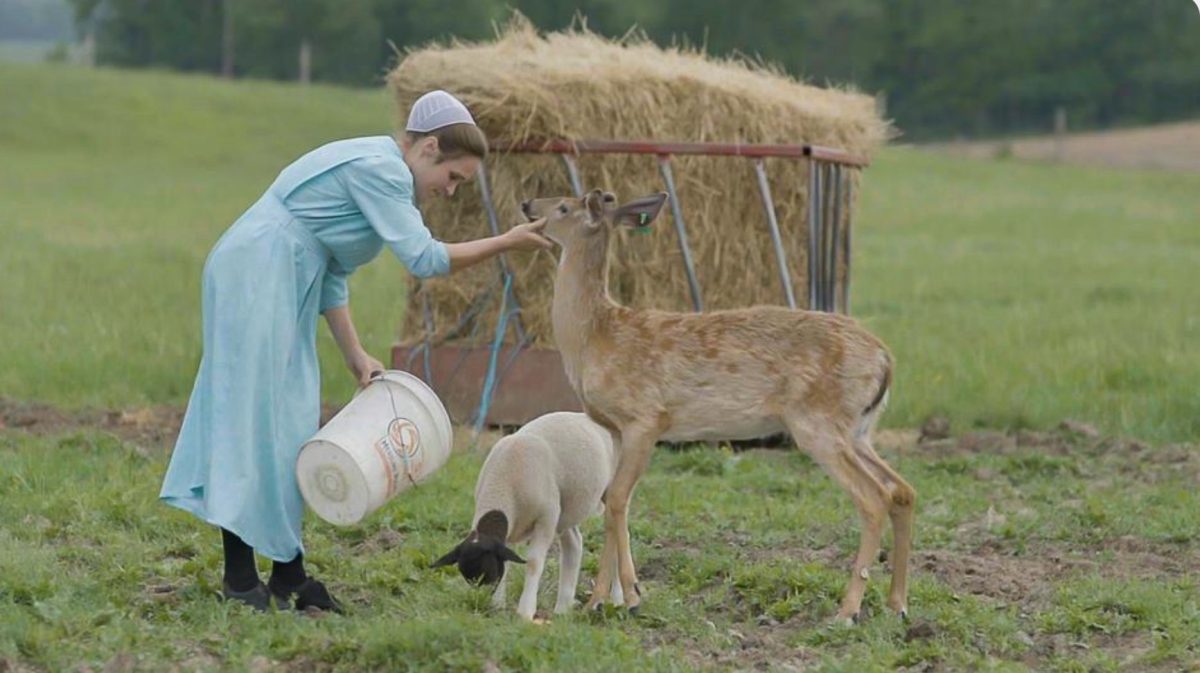When music and film are effectively combined, the result is truly special.
“Teen Spirit” is a film revolving a small-town girl’s rise to fame directed by Max Minghella. The film follows a teenage girl named Violet whose small-town lifestyle has oppressed her desire to express her singing talent. When a singing competition comes to town, Violet takes her chances with hopes that she will finally be able to be embrace her true self. The film stars Elle Fanning and Zlatko Buric.
The film’s cast upholds the emotional core of the film. Elle Fanning visibly carries the weight of Violet’s ambitions, with her musical performances physically representing an emotional catharsis. She gives off a bit of an insecure vibe which adds to the sweetness and genuinity of her character. Zlatko Buric wonderfully plays a defeated, yet hopeful opera singer whose care and faith for Violet is extremely evident. Buric is particularly effective with his delivery of dry humor, and his character is a crucial part of the story.
A highlight of the film is its exceptional cinematography. Natural light adds ambience and contrast to dull interior spaces. Outdoor areas, like the fields on the farm, are depicted with sheer beauty as wide shots show the extended scope of the nature. The concert scenes are bombarded with breathtaking neon lights and frame Violet against visually mesmerizing backdrops. The overall cinematography adds a unique artistic element to a story that has already been done many times before.
Another positive aspect of the film is its impressive editing. Concert and party scenes are rapidly cut together to catchy tracks, fully conveying the hectic yet riveting atmospheres of these events. One of the most impressive uses of editing in the film is during Violet’s first big performance on the singing competition show. Her infectious singing is combined with rapid edits that flash between her childhood memories and then contrast with the flashy pop star environment Violet is currently in. It is extremely effective visual storytelling and says a lot about Violet’s internal struggle.
The story of the film follows a rocky but rewarding path. It is heartwarming to see Violet and her manager Vlad gain success as they progress through the singing competition. The concert sequences are highly entertaining with infectious music, and the character of Violet beautifully carries the momentum of the film.
Although the film is generally effective, there are certainly some things that hold it down. Certain elements, like Violet’s quick progression through the competition, seem a bit far-fetched and hurt the believability of the film. Additionally, the films final performance and resolution feels a bit anticlimactic and disappointing. While it doesn’t hurt the general engagement and enjoyment of the plot up until that point, it certainly leaves a much-to-be-desired taste in the mouths of the audience.
The story of “Teen Spirit” is certainly nothing super original — small town girl rises to stardom. It's the way the story is presented and performed that makes the film worthwhile, no thanks to the talented director, cinematographer, editor and actors.
“Teen Spirit”
Score: 3.8/5




















